A friend of mine, Joe Muth, is a Catholic priest in Baltimore. His ministry has included serving inner-city Black congregations and a parish that became home to immigrants and refugees from Africa and around the world.
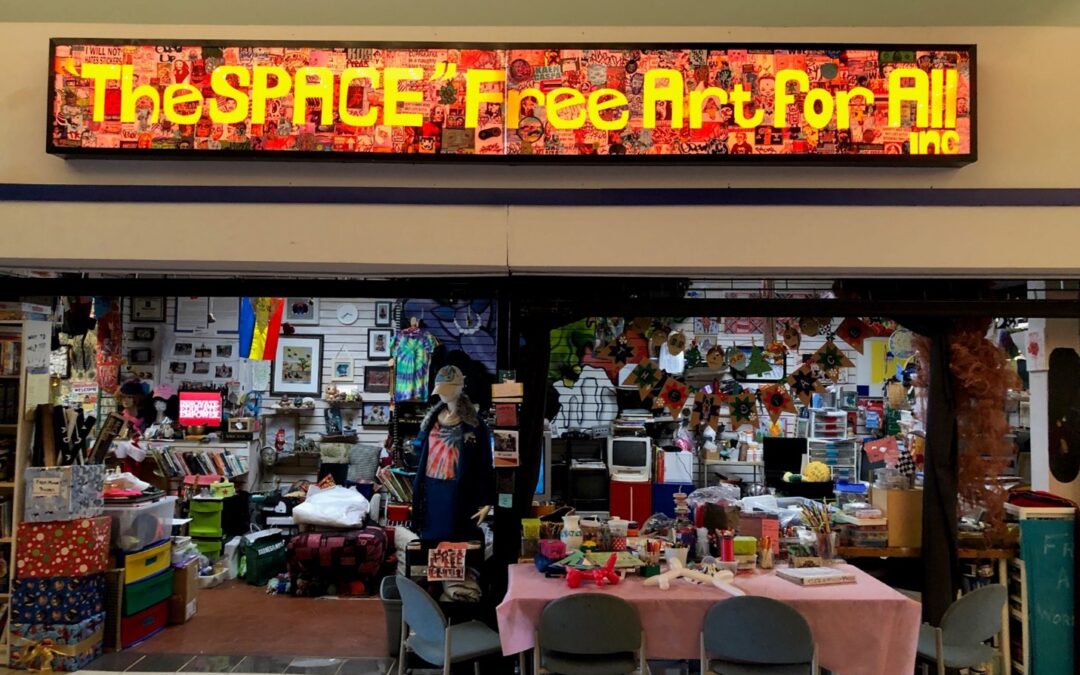
Tom Adams
See our Resource Pages for additional information on each topic.

A friend of mine, Joe Muth, is a Catholic priest in Baltimore. His ministry has included serving inner-city Black congregations and a parish that became home to immigrants and refugees from Africa and around the world.

Recently I was given a book, Waging a Good War: A Military History of the Civil Rights Movement, 1954-1968. The author, Thomas E Ricks, is described as “the dean of military correspondents.” He has authored numerous books about military wars including First Principles, The Generals and Fiasco. My initial reaction was to pause and wonder if I could enjoy a book that used the lessons of war to describe the civil rights movement. That concern turned out to be ill-founded. I recommend this book because of its many lessons that seem quite relevant to our ongoing efforts to end racial injustice.
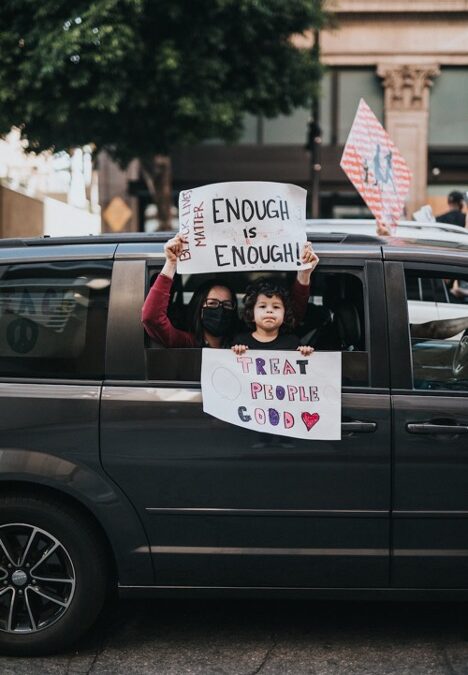
As part of my engagement in a six-week discussion series on Noticing or Seeing Whiteness, I’m having an incredible opportunity to hone my knowledge and skills about our racial, political, and cultural divides. The experience is strengthening my humility,...
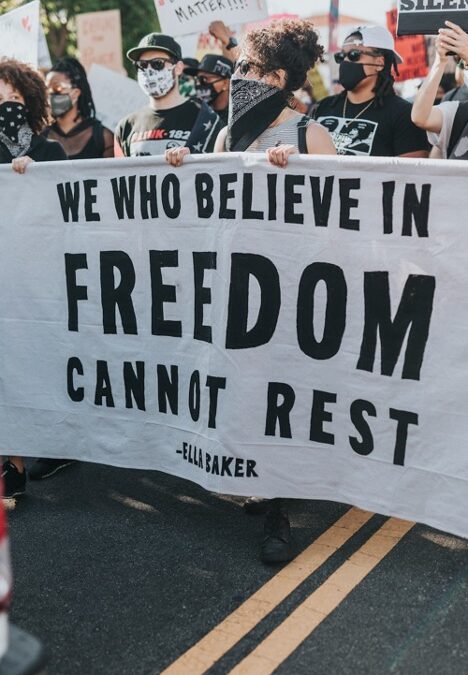
The 2015 Freddie Gray uprising had a profound impact on me. I reacted, as many of my fellow Baltimoreans, in wanting to do something – not just something but something more substantial. My instinct led me to want to better understand the underlying conditions and ultimately how institutional racism plays an essential part and my role as a European-American in fostering it. My instinct also made me realize how ill-equipped I was as an individual to address this. When an opportunity surfaced to join a training course sponsored by Baltimore Racial Justice Action, I, along with my wife, Ruth, took this intensive eight-week four-hour sessions course which helped me to better understand white privilege and that I personally had to take action in whatever way I could.

Our neighborhood library helped me pay attention to Hispanic Heritage Month. Without a visit there, I suspect I would have missed this important celebration of our diverse culture. It caused me to wonder why Black History Month appears to get more attention than Hispanic Heritage Month? What am I missing?

The last few weeks I have reflected on noticing and its power. Today I’d like to continue that theme in the context of traveling. This past weekend Geraldine and I drove to the mountains of Georgia on the South Carolina border for a family wedding. If you like details, google “Clayton, Georgia,” “Tiger, Georgia,” and “Long Creek, South Carolina.” It is a beautiful part of the world, in the foothills of the Appalachian Mountains.
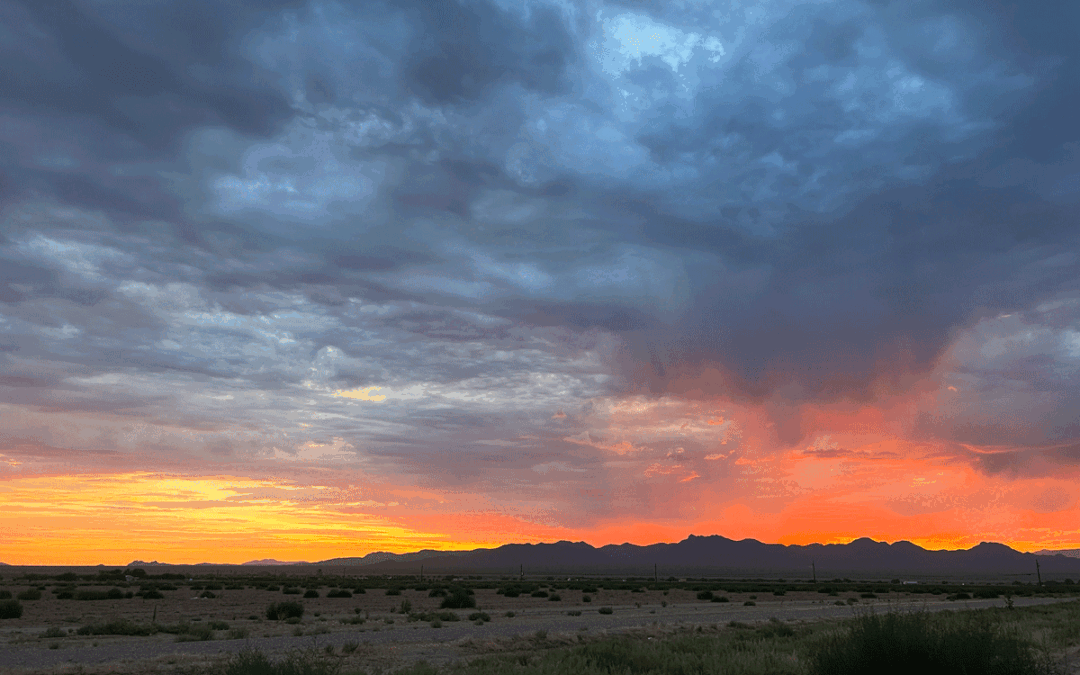
Two weeks ago, I reflected on a Critical Conversation post that got me thinking about my role in addressing racial inequity in America today. In this follow-up post, I want to share another element of the teaching that stood out for me: the differences between being an ally, an accomplice, and a savior.
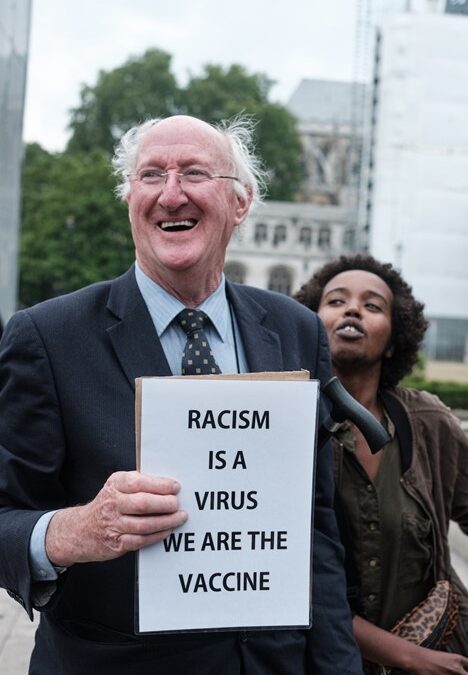
Last week’s post by guest contributor Shirin McArthur explored how learning about racial justice can become action for positive change. She reflected on a quote by Tre Johnson that said, “When Black people are in pain, white people just join book clubs.” Shirin added that she is part of a book club focused on racial justice and that this challenge to go beyond book clubs applies to her and to all of us who like to think of ourselves as “white allies.”
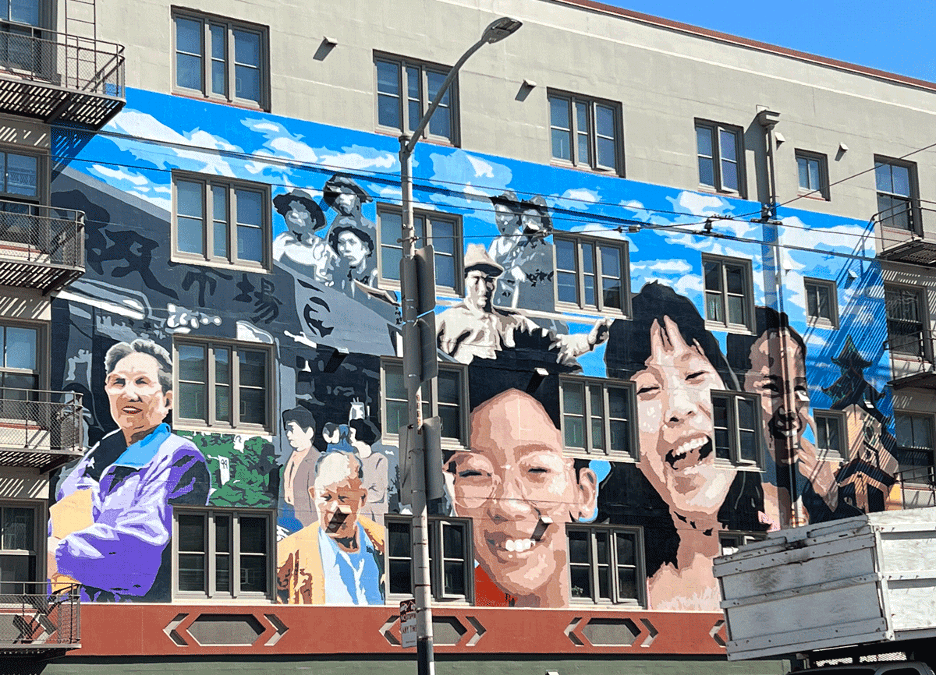
A couple weeks ago, I read a blog post that linked to another that got me thinking in new ways about my role in making change in America today. The blog post I initially read included this sentence: “When black people are in pain, white people just join book clubs.”

While I heartily agree with the direction President Biden is heading on most issues, I am troubled by his recent announcement that the U.S. had used a drone to kill Ayman al-Zawahiri, the current leader of Al Qaeda and one of the masterminds behind the 9/11/2001 terrorist attack. The New York Times reported President Biden as saying: “Justice has been delivered, and this terrorist leader is no more.” The President reminded us of President George W. Bush and his promise, reiterated by his successors, that the U.S. would track down and get retribution for those involved in 9/11, no matter how long it took.